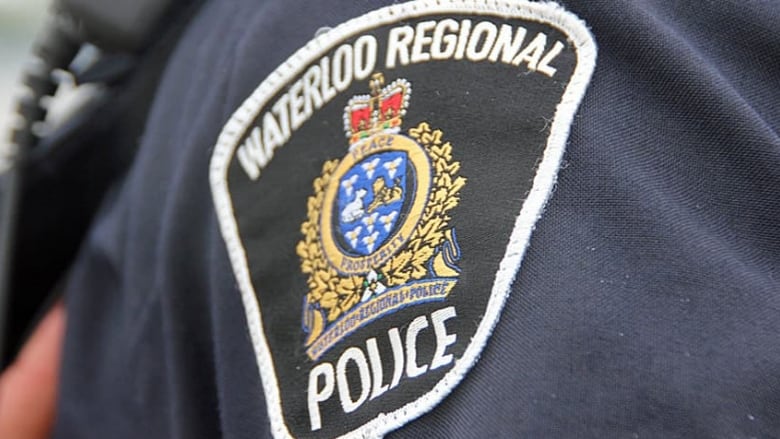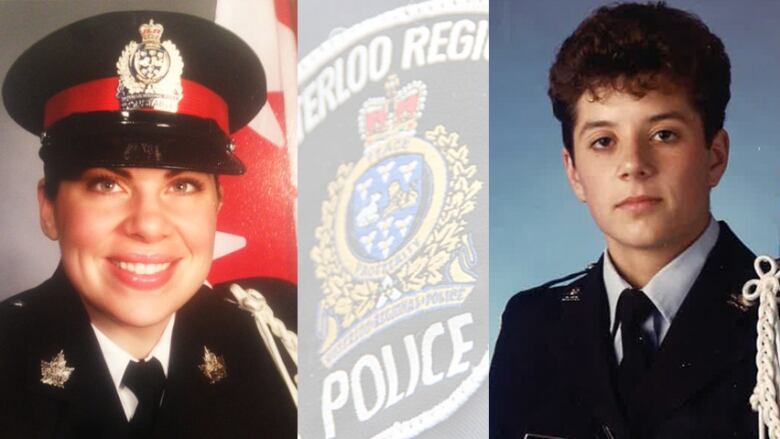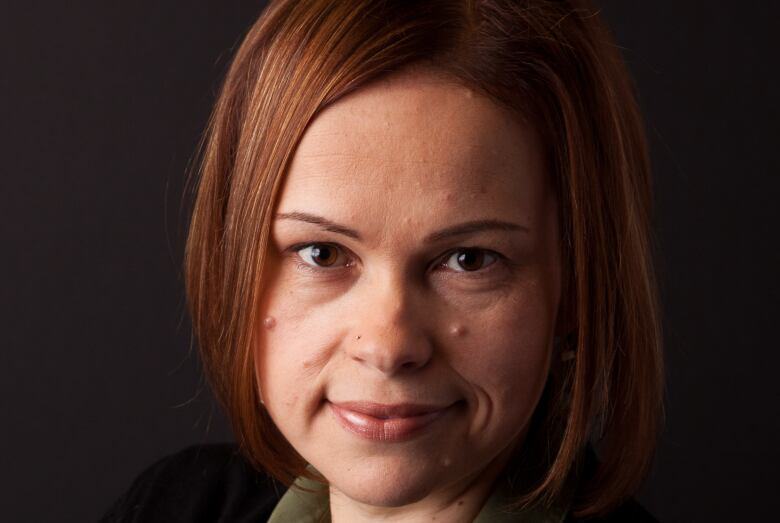Advocate for sexual violence survivors says police working on gender bias, but more can be done
WRPS facing class action lawsuit alleging sexual harassment, assault and gender discrimination

An advocate for survivors of sexual violence says she is "impressed" with how the local police force is addressing concerns about gender bias and discrimination not only while dealing with the public, but also within its own ranks.
- Women launch $167Mclass action lawsuit against Waterloo Regional Police
- In depth:Women detail sexual harassment allegations at heart of WRPS class action lawsuit
Sara Casselman is the executive director of the Sexual Assault Support Centre of Waterloo Region. She spoke with CBC News about the lawsuit filed last week by two womenone a current officer and one a former officer who claim they experienced systemic gender bias and sexual harassment while working for Waterloo Regional Police.
"We know that sexual violence, harassment, even sexual assault has been an ongoing issue across Canada. In the military, with the Canadian Armed Forces, with the RCMP, the list goes on," Casselman said.
- Harassment in Canada's military tolerated by leadership, former justice finds
- RCMP apology, $100 million compensation fund comes without harassers held accountable
She noted in 2015, a report by retired Supreme Court justice Marie Deschamps found sexual misconduct is "endemic" in the Canadian military. In October, the RCMP offered a historic apology to female members who suffered sexual harassment and abuse.
"These are conversations that are happening all across Canada, particularly with police and military institutions," Casselman said.

Class action lawsuit launched
Angelina Rivers and Sharon Zehr have launched a class action lawsuit against the Waterloo Regional Police Services Board and the Waterloo Regional Police Association.
The lawsuit is seeking $167 million for female officers and their families who experienced "systemic and institutional gender-based discrimination and harassment, sexual harassment and sexual assault by male members of the WRPS, WRPS management and the WRPA," reads the lawsuit, which was filed in Brampton Superior Court May 30.
Waterloo Regional Police have said lawyers for the police force would be "challenging the complete lack of jurisdiction to bring this claim" and if necessary, will defend the allegations.
"We take the position that the class action is inappropriate," the release from the police force said. "The Police Services Act provides for a grievance/arbitration system pursuant to the collective agreement and would have been the appropriate means to deal with the allegations."
None of the allegations have been proven in court.
Need to recognize gender bias
Casselman also sits on a local task force that is looking at how many cases of sexual violence officers with Waterloo Regional Police Services determined were unfounded.

"I think that unfounded rates and police responses overall are connected across Canada to gender bias in policing," she said.
She said police leadership needs to recognized the bias exists. The bias may be conscious or unconscious and could include misclassifying or underreporting sex assault cases, calling them unfounded or assuming survivors regularly lie about being assaulted.
"It makes sense that, the same attitude and beliefs that fail survivors impact the women in those male-dominated professions, so I think there is a connection," Casselman said.
'A police force that represents our community'
But Casselman said she has also seen examples of where the local police force wants to make changes.
"I've been really impressed with the commitment that Chief (Bryan) Larkin has shown to improving police responses to sexual violence locally and also improving women's leadership in our police force," she said.
There is room for improvement across the country, she noted. In 2015, Statistics Canada data showed the number of women in senior office roles had more than doubled in a decade from 5.5 per cent in 2005 to 12.4 per cent in 2015.
On May 15, 2015, there were 68,777 police officers in Canada, 14,332 of which were women. That's about one in five, or 20.8 per cent.
"Eventually I'd like to see ... 50% of our police force [be] women and 50% of leadership of the police force as women," Casselman said. "Because we're supposed to have a police force that represents our community and if that's the case, then I think that we should move towards that and hopefully a lot of the issues we're seeing can be addressed."
Listen to the interview with Sara Casselman:












_(720p).jpg)


 OFFICIAL HD MUSIC VIDEO.jpg)
.jpg)



























































































